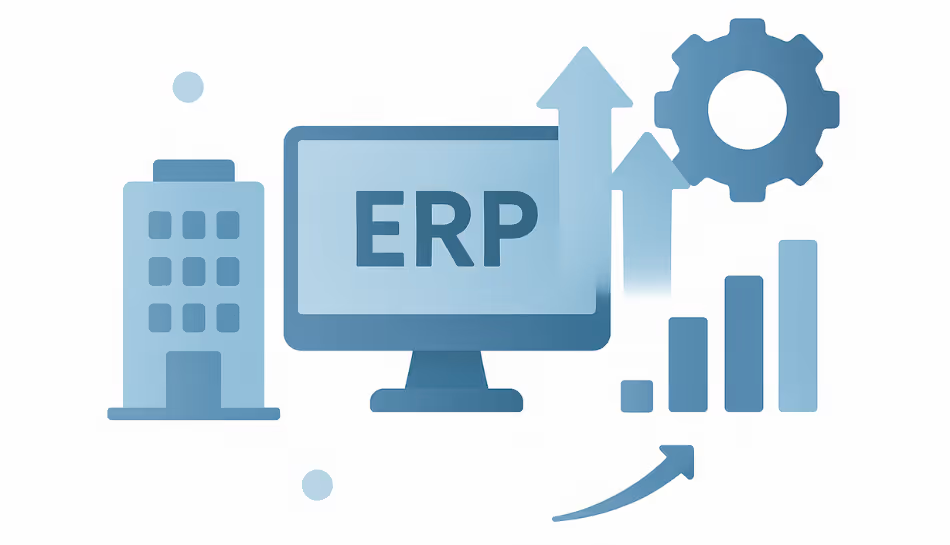
The media and entertainment industry has never moved faster. With the rise of OTT platforms, digital content creators, global productions, and constantly shifting audience habits, media companies are juggling more complexity than ever.
To keep up, leading firms are turning to something once seen as “corporate tech” — ERP systems. Today’s ERP solutions are tailor-made for media and entertainment companies, helping them scale, simplify operations, and stay competitive.
Why Media Businesses Need ERP Now
Gone are the days when media companies focused only on creativity. Now, they must:
- Handle huge volumes of content across platforms
- Coordinate multiple teams (creative, production, legal, finance, marketing)
- Manage freelancers, contracts, and royalties
- Monitor tight deadlines and fluctuating budgets
- Track performance across global campaigns
Without a unified system, operations quickly become chaotic and expensive.
What Does ERP Bring to the Table?
ERP (Enterprise Resource Planning) systems help media companies centralize and streamline their business processes. This isn’t about replacing creativity — it’s about giving structure to the madness so teams can focus on what matters most: producing great content.
Key Benefits of ERP for Media & Entertainment
1. Content Lifecycle Management: Track every project, from concept to final delivery, in one place. Never lose sight of who’s doing what, or where assets are stuck.
2. Financial Clarity: Get real-time insight into production costs, licensing fees, ad revenue, and royalty payouts, all without jumping between tools.
3. Resource Planning: Schedule teams, freelancers, equipment, and studio space efficiently to avoid overlaps and downtime.
4. Rights & Contract Management: Manage IP rights, licensing agreements, and talent contracts without confusion or missed deadlines.
5. Faster Decision Making: With dashboards that show you what’s happening across departments, you can act quickly and reduce delays.
Perfect for…
- Television networks
- Film and video production houses
- Streaming platforms
- Advertising and media agencies
- Publishing companies
- Post-production studios
Whether you're working on a blockbuster film or managing daily news production, an ERP for the entertainment industry scales to your workflow.
Final Thoughts
As media companies grow in size and scope, manual processes can’t keep up. The future belongs to those who blend creativity with smart infrastructure. ERP systems offer that backbone, making your operations leaner, faster, and more adaptable.
If you’re serious about scaling without breaking your team (or your budget), an ERP built for media and entertainment might be your next best move.

